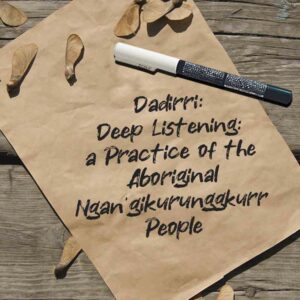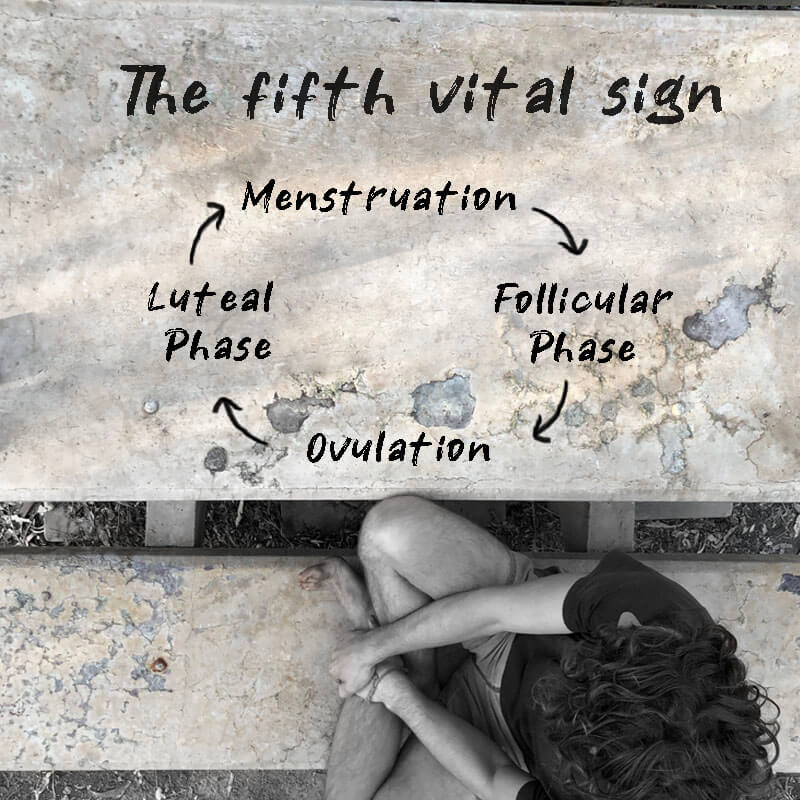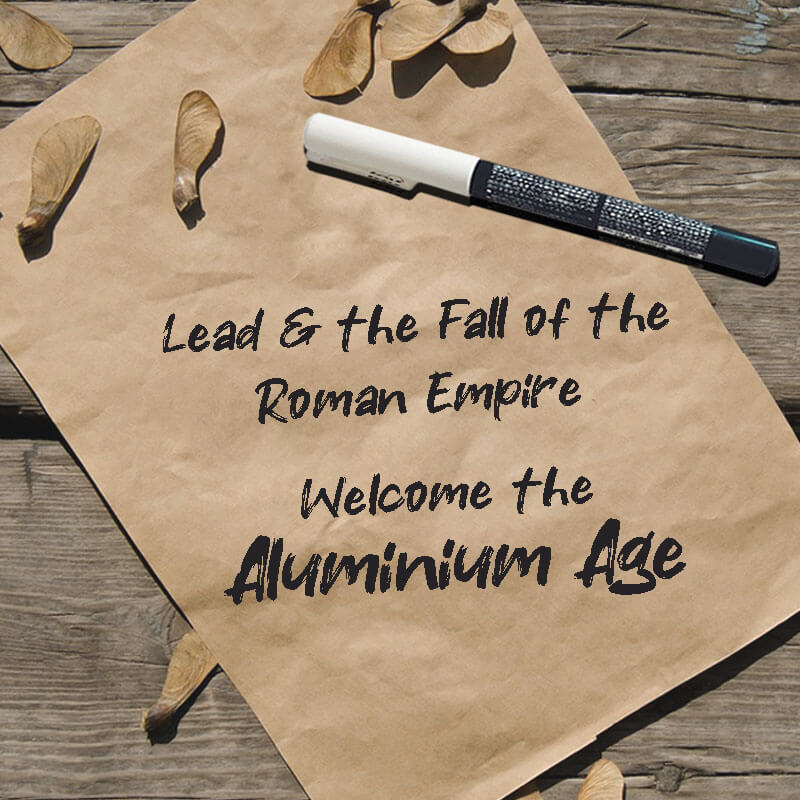It’s a sensation many runners can relate to: pounding the pavement, legs moving almost automatically, breath finding its natural rhythm. The body is fully engaged, but the mind—it seems—has entered a different realm altogether. The bustle of the external world fades away, replaced by the quiet hum of introspection and a free-flowing stream of thoughts. As a seasoned runner, I’ve had the pleasure of experiencing this mental oasis, finding it a potent source of creativity and tranquillity that I’d like to share with you.
However, it’s worth acknowledging that if you are new to running or don’t run frequently, your experience might be markedly different. Your thoughts could be dominated by shortness of breath, muscular pain, and the general discomfort associated with strenuous exercise. But it’s crucial to remember, every journey has a beginning, and over time the discomfort makes way for a unique sense of exhilaration.

Running isn’t merely about covering physical distance—it’s an opportunity to journey inward, allowing our minds to explore topics, generate ideas, and unravel complex thoughts. In fact, it’s during these runs that I’ve often found the inspiration for many of my articles. What may have initially seemed like an elusive idea turns into a coherent thought process, eventually leading to a well-structured narrative—all thanks to the meditative magic of running.
But is there a scientific explanation to back this anecdotal evidence?
Is running indeed a conduit for enhanced mental clarity and creativity? It turns out, there is substantial research suggesting that physical exercise, such as running, can significantly influence cognitive functions and creativity. The connection between physical exertion and mental cognition is an intriguing interplay that researchers have spent years trying to decipher.
One study, published in the ‘Journal of Experimental Psychology: Learning, Memory, and Cognition’, found that individuals demonstrated improved divergent and convergent thinking—the two components of creative thought—after partaking in regular physical exercise. Divergent thinking fosters new ideas, while convergent thinking helps in finding the best solution for a given problem. The sweat and effort of a run can, quite literally, “jog” our brain into enhanced cognitive function.
Furthermore, neuroscientific research has identified a hormone called Brain-Derived Neurotrophic Factor (BDNF), which is released in higher quantities during exercise. BDNF supports the survival of existing neurons and encourages the formation of new neurons and synapses. This neurogenesis—especially in the hippocampus, an area crucial for memory and learning—might be one reason why our thoughts flow so naturally when we’re running.
Running or moving meditation?
The mental state many runners experience, often described as being “in the zone” or a “runner’s high”, closely resembles a form of moving meditation. Just as meditation helps clear the mind and focus thoughts, running seems to stimulate a similar, if not identical, brain state. The rhythmic pattern of breath and stride can lead to a decrease in anxiety and allow for the free flow of thoughts—a state known in psychology as “flow”, characterised by focused immersion and involvement in an activity.

After a run, with the heart rate returning to its baseline and the surge of endorphins flooding the system, I find myself in the ideal state for writing. The ideas that have come to me don’t just disappear. They stay with me, ready to be written down. My run gets me into a headspace where I feel prepared and eager to write, and it seems to enhance my overall writing process. It’s as if the run not only exercises my body, but also primes my mind for the task of writing.
*
My personal experience, backed by scientific evidence, showcases the magic of running. More than a physical endeavour, it’s a mental exercise that allows us to think freely, find solutions, generate ideas, and, most importantly, connect with our own selves on a deeper level. I urge everyone to give endurance exercise a chance—not just to improve physical fitness, but also as a powerful tool to enhance mental clarity and creativity.

Nils Strohbeck
Connect
A Perfect Coup: Pharmaceutical Industry’s Hold on Healthcare
A dive into industry's extensive influence
Lead and the Fall of the Roman Empire: Welcome the ‘Aluminium Age’
How Aluminium is Affecting Our Health









